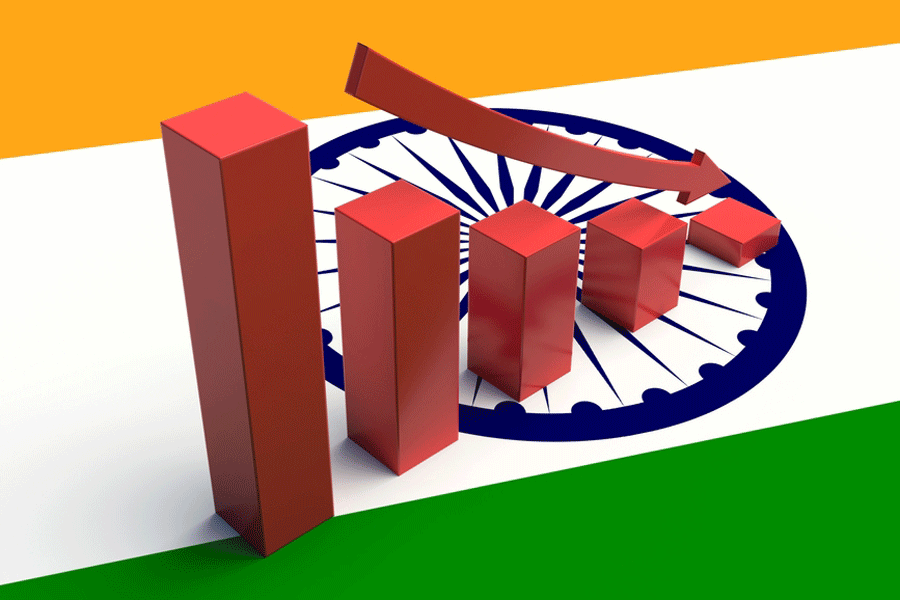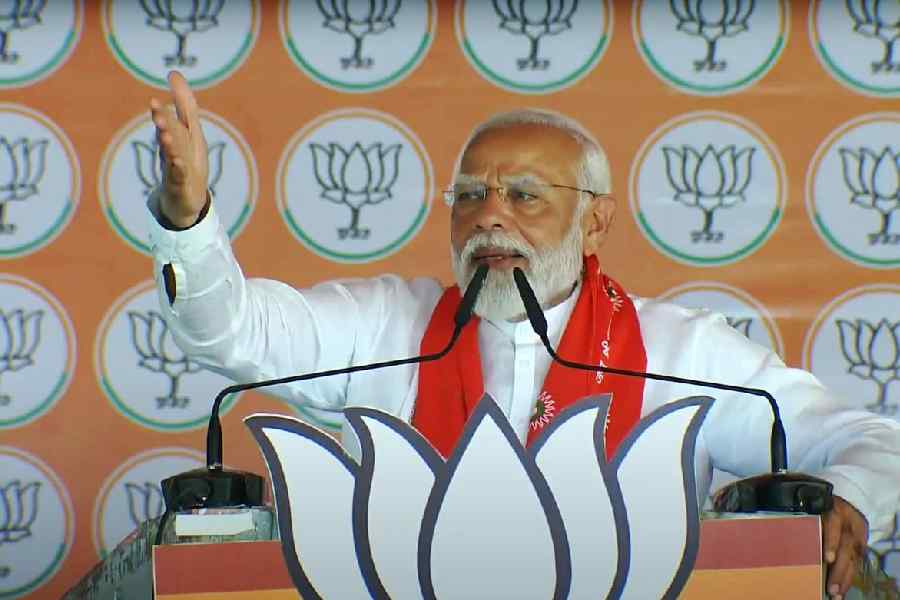The Indian economy faces “significant” headwinds from fresh geo-political tensions, volatile crude oil prices and sluggish global demand, the finance ministry said on Monday.
“While domestic macro fundamentals are strong and improving, downside risks arise from global headwinds and uncertainties in weather conditions,” the ministry said in its Monthly Economic Review report.
Commenting on global uncertainties, the finance ministry’s report said matters have become more difficult due to the fresh developments following the breakout of clashes between Israel and the Hamas.
“Global uncertainties have been compounded by recent developments in the Persian Gulf. Depending on how the situation develops, crude oil prices may push higher,” the report said.
There are imminent fears of rising crude oil prices in H2 FY24, given that the average price during Q2FY24 ($86.8/bbl) was higher than Q1FY24 ($77.9/bbl) and ongoing speculation and wait-and-watch situation emerging from the recent geopolitical situation in West Asia.
However, these averages are way lower than the average prices during Q1FY23 ($109.5/bbl.) and Q2FY23 ($97.9/bbl.).
Further, the relentless supply of US Treasuries and continued restrictive monetary policy in the US (with further monetary policy tightening not ruled out) could cause financial conditions to be restrictive, it said.
At current levels, US stock markets have greater downside risk than upside. If the downside materialises, it will have spillover effects on other markets. Fraught geopolitical conditions can cause a general increase in global risk aversion. If these risks worsen and are sustained, they can affect economic activity in other countries, including India, the report said.
It said “India’s macroeconomic outlook for 2023-24 is bright and is solidly underpinned by strong domestic fundamentals. Alongside private consumption, investment demand is also firming up.”
“There are additional growth levers in broad-based industrial growth and buoyant residential property markets,” the ministry further said, adding that kharif sowing has progressed well and improved reservoir levels “augur well” for the upcoming rabi season.
At the same time, “significant” headwinds remain, it said. However, it expects Indian trade to recover in the second half of 2023-24, while a comfortable level of foreign exchange reserves means India’s external account looks robust.
“In sum, as IMF projections also confirm, India will remain the fastest-growing major economy in the world in 2023-24,” it said.
According to the International Monetary Fund (IMF), India’s gross domestic product will grow 6.3 per cent this financial year.
While this forecast is 20 basis points lower than the 6.5 per cent projected by the government and the Reserve Bank of India (RBI), non-government economists as well as global agencies, such as the IMF, have made multiple upward revisions to their growth forecasts for India in recent months due to better-than-expected data on the gross domestic product.










